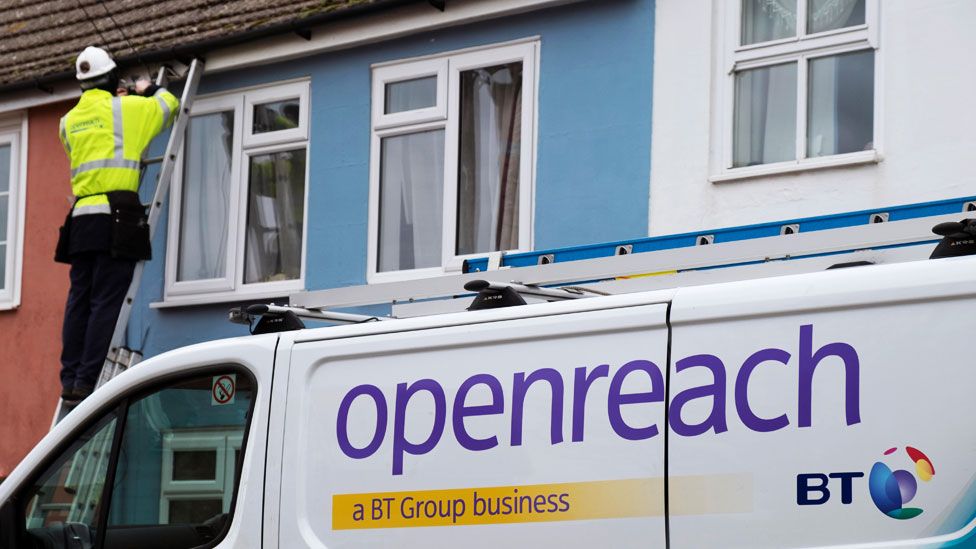- About 30,000 engineers from BT’s Openreach division have voted to strike.
- Price increases are accelerating, and inflation is at a 40-year high of 9.1 percent.
- CWU claims that 91.5 percent of BT employees voted in favour of strike action.
In a salary dispute, thousands of BT employees have decided to walk out on the job.
Approximately 30,000 engineers from Openreach and 9,000 call centre employees from BT participated in a ballot and strongly favoured industrial action, according to the Communication Workers Union (CWU).
The first nationwide strike by BT since it was privatised in the 1980s, according to general secretary Dave Ward, is currently underway.
If employees walked out, BT said it was sad and would “fight to keep our customers and the country connected.”
By the end of the following week, Mr. Ward said, BT must propose a “substantially enhanced” salary raise, failing which strike dates will be announced.
[embedpost slug=”man-paid-in-chile-286-times-salary-through-error-disappears/”]
The CWU stated that the planned strike action might have a significant impact on internet rollout and pose significant challenges for individuals who work from home.
Price increases are accelerating, and UK inflation is at a 40-year high of 9.1 percent.
Households are under stress due to rising food prices, record-high energy expenses, and skyrocketing fuel prices, and employees and unions are pressing for salary increases to aid them.
The government has cautioned against large pay raises, however, out of concern that they could set off a “inflationary cycle” reminiscent of the 1970s in which businesses raise wages and then pass the cost on to their customers through higher prices.
BT increased salaries for employees by £1,500 this year, but the CWU claimed that given the record-high price increases, “this is a huge real-terms pay drop.”
It claimed that BT had an annual profit of £1.3 billion and that Philip Jansen, the company’s chief executive, received a remuneration of £3.5 million, a 32 percent rise.
According to a BT Group representative, the business has given frontline employees the largest pay increases in more than 20 years, with increases averaging 5% and reaching 8% for those earning the lowest salary.
It claimed to be in the midst of a once-in-a-generation investment programme to modernise the nation’s mobile and internet networks, which was crucial for millions of customers and the UK economy.
Above all, they declared, “[the investments] are essential to the prosperity of this company – and its associates – today and in the future.”
On a 74.8 percent turnout, the 30,000 unionised Openreach engineers voted 95.8 percent in favour of going on strike, according to the CWU.
It claimed that 91.5 percent of BT employees, including 9,000 call centre employees, voted in favour of a strike on a 58.2 percent turnout.
A vote by CWU members at EE fell short of the required number of votes by a small margin.
[embedpost slug=”merseyrail-staff-accept-a-salary-deal-as-further-uk-rail-strikes-loom/”]

